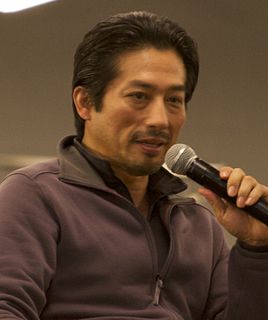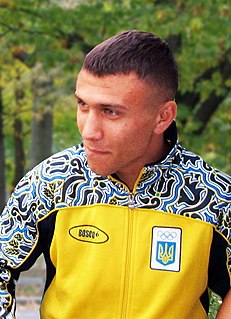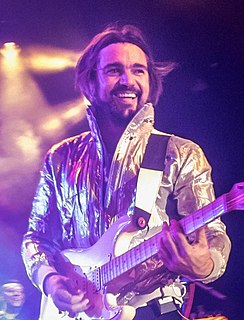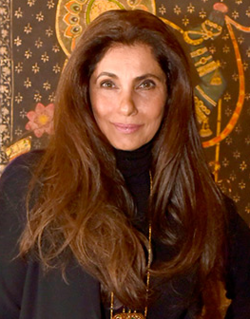A Quote by Hiroyuki Sanada
A lot of country making films in English, but in Japan we are very shy to speak English.
Related Quotes
If you do not learn English in this country, you cannot get anywhere. We are in America. We are not in Mexico, we are not in China, we are not in Saudi Arabia - we speak English in this country! And what bilingual education does, is keep them from learning English, so they are doomed to be second-class citizens.
Making movies in France is different, but it's still acting, you know. You still have doubts and you're scared, always, but I really love doing films in America, because I love to speak English. But I think there's something very entertaining about American films. But I also like the intimacy of French films.
When we start making distinctions between soul and spirit, we're in very, very murky waters. There is the whole issue of the English language, which has a rather limited vocabulary when it comes to psychological descriptions, not to speak of spiritual descriptions. We're good mythically - the English language is superb for myth. But we're not very good for psychology or spirituality.
English has always been my musical language. When I started writing songs when I was 13 or 14, I started writing in English because it's the language in between. I speak Finnish, I speak French, so I'll write songs in English because that's the music I listen to. I learned so much poetry and the poetic way of expressing myself is in English.




































